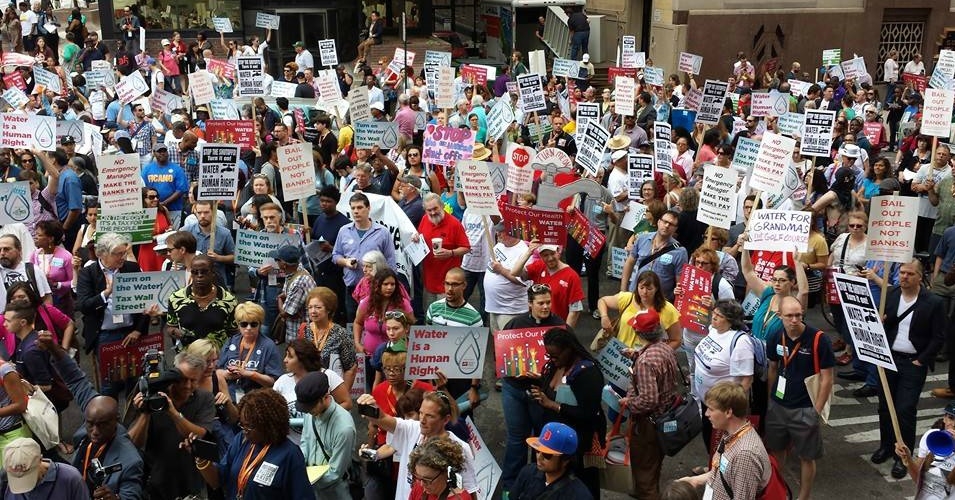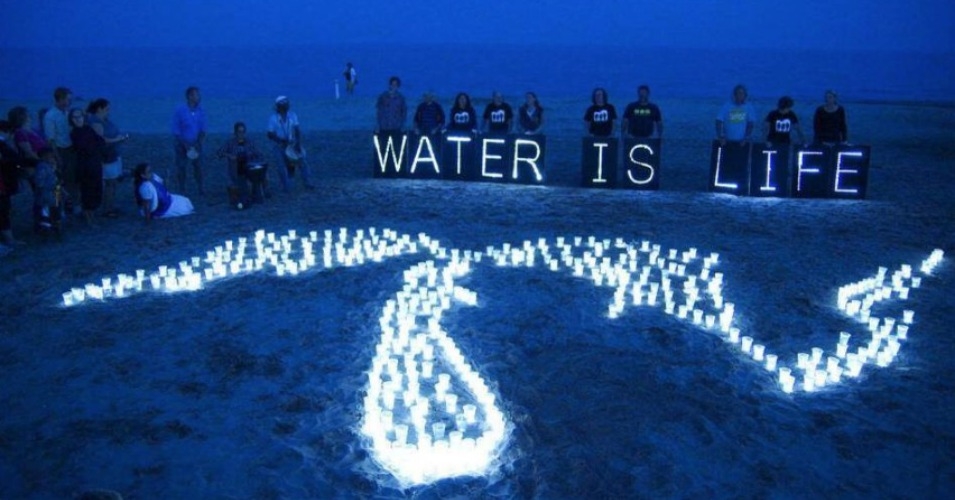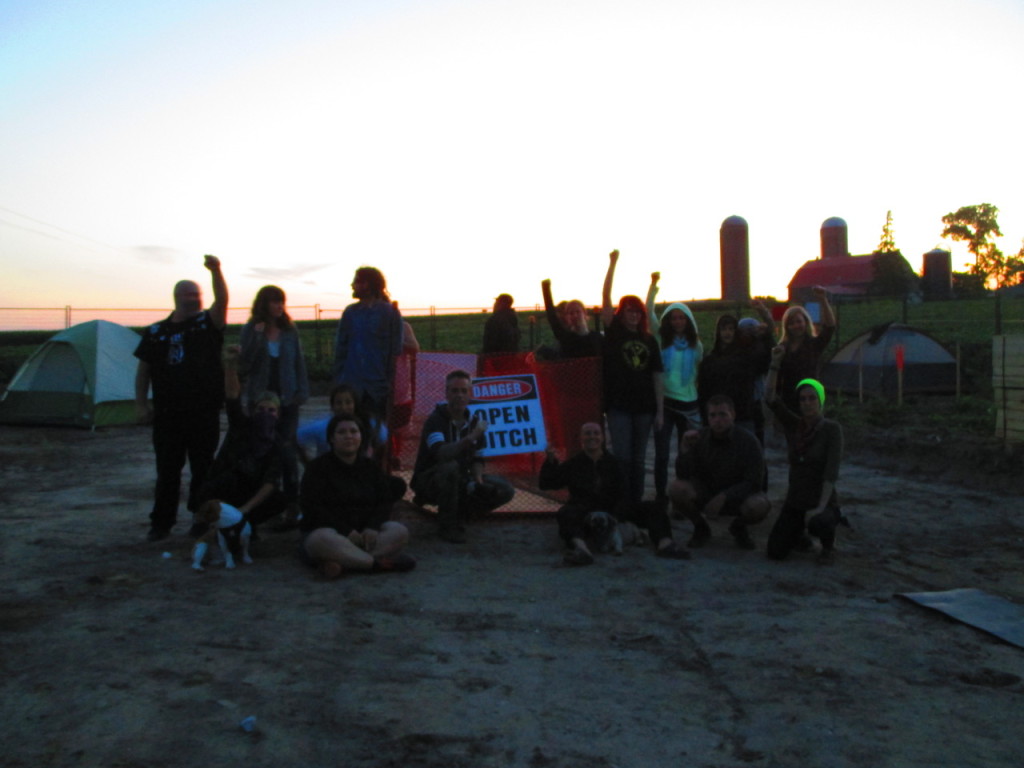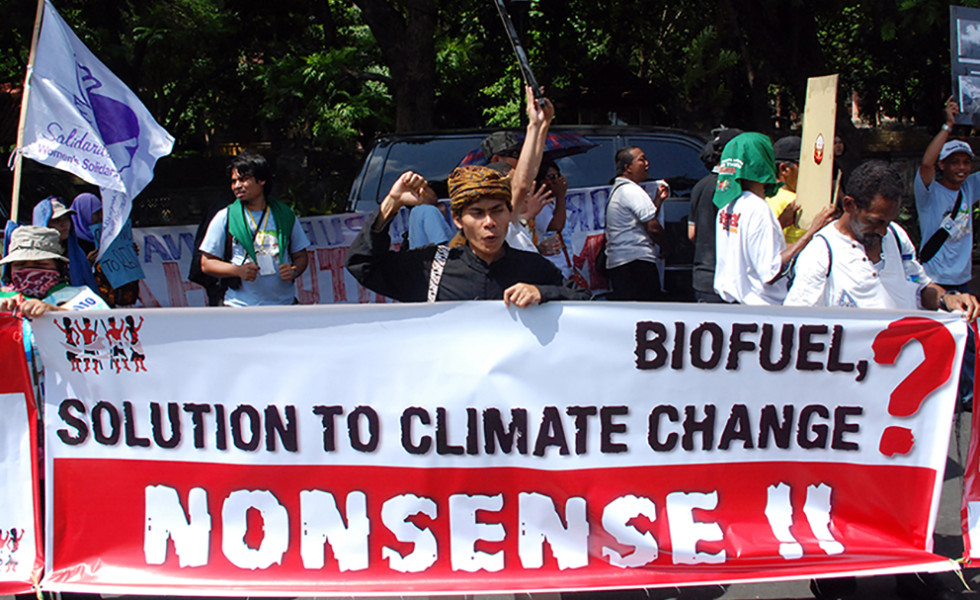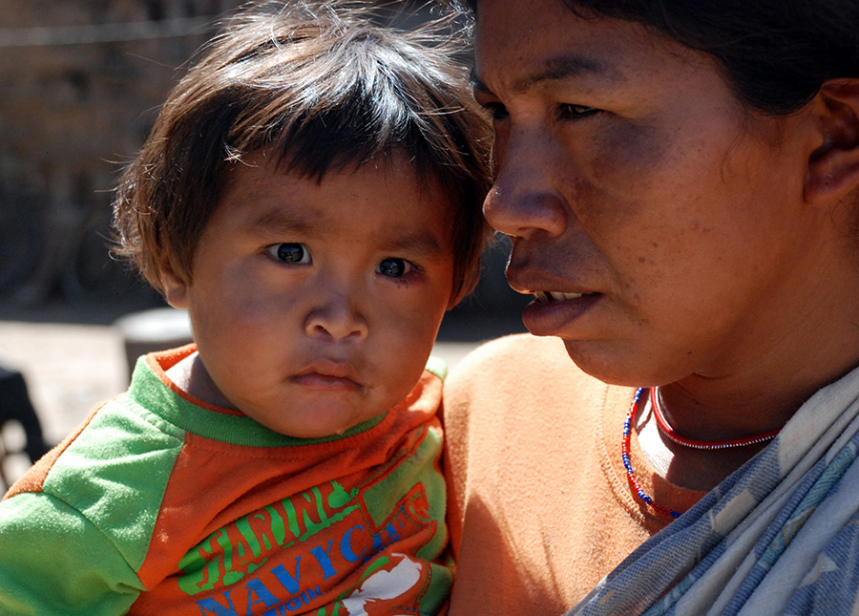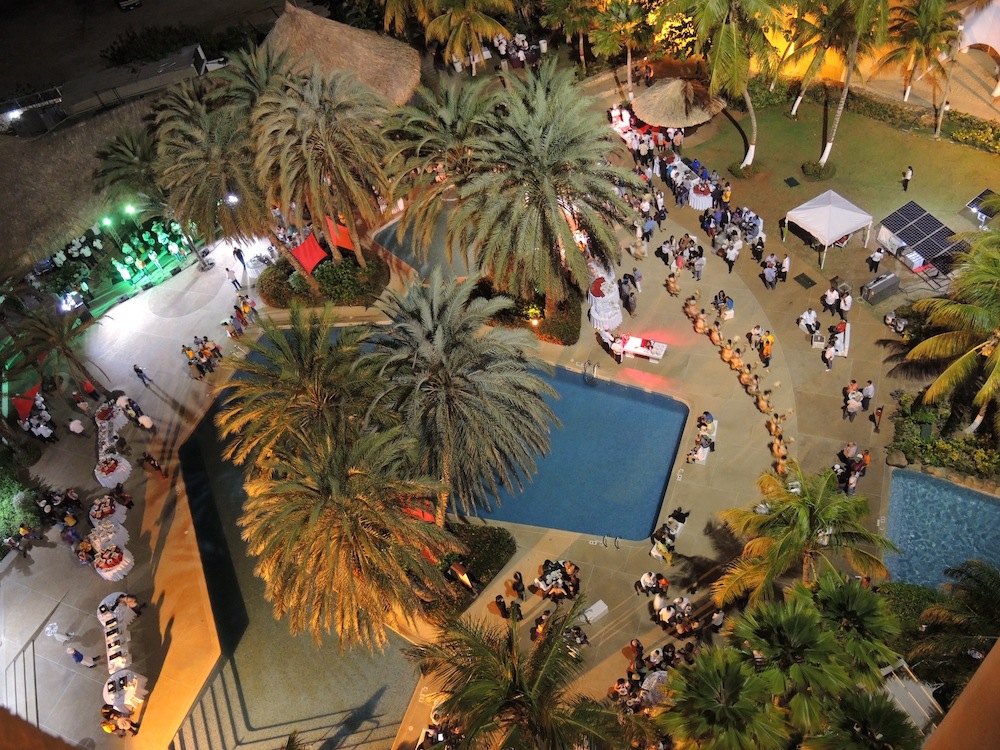Is access to clean water a human right?” Many people and activists think-so. In 2010 the United Nations General Assembly declared that nearly 900 million people do not have access to clean water and that 2.6 billion do not have access to sanitation. The General Assembly passed a resolution saying that clean and safe drinking water is a human right.
Early this summer the Detroit Water and Sewerage Department (DWSD) started turning water off in poor Detroit neighborhoods because of lack of payments.
According to the DWSD- nearly half of the residences in Detroit are behind on their water bills. Reports indicate that more than 17,000 Detroit households have already been disconnected. The cost of water in Detroit is amongst the highest in the country. This despite that Detroit is located near the western end of Lake Erie which makes up part of the Great Lakes which hold 20% of the fresh surface water on the entire globe. Who owns that water?
In a July 21 article in Common Dreams, Detroit Protesters Win Temporary Reprive from Water Shut-offs, author Sara Lazare stated Many residents of this majority black city suspect that the disconnections are part of a larger plan, backed by emergency manager Kevyn Orr, to privatize the DWSD and, ultimately, displace poor communities of color to make way for gentrification.
Activists in Detroit think that this economic strategy violates human rights and have brought the Detroit water shutoffs to the attention of the United Nations. In June a panel of UN experts agreed. This led to a brief halt in the turnoffs.
Now, the month-long shutoff moratorium in Detroit has ended and the water turn-offs have resumed.
Despite Calls for Humanity, Detroit Resumes Water Shutoffs
Citizen advocates warn that the “whole world is watching” as city cuts off water to thousands of most impoverished residents
Despite widespread public outcry and international condemnation, the city of Detroit on Tuesday resumed shutting off the water supply to thousands of city residents.
Ending the month long moratorium on shutoffs, Detroit Water and Sewerage Department (DWSD) public affairs specialist Gregory Eno confirmed to Common Dreams that the city turned off the water to roughly 400 households that are delinquent on their water bills and have not yet set up a payment plan. More shutoffs are expected.
According to the citizens group Detroit Water Brigade, the only thing that changed since shutoffs began in March is that the city has lowered the required down payment water bills from 30% to 10%. “The water is still too expensive for Detroit,” they said. Detroit is one of the poorest cities in the United States with over 38% of the population living below the poverty line, according to Census Bureau statistics.
For More Resources On This Issue
Earth Minute: Detroit’s Water Crisis by Global Justice Ecology Project’s Executive Director Anne Petermann June 26, 2014
Website: Detroit Water Brigade Fight to keep the water flowing with Detroit Residents and Activists
Article: Detroit Water Crisis, A Prelude to the Privatization of Water Detroit Water Brigade

